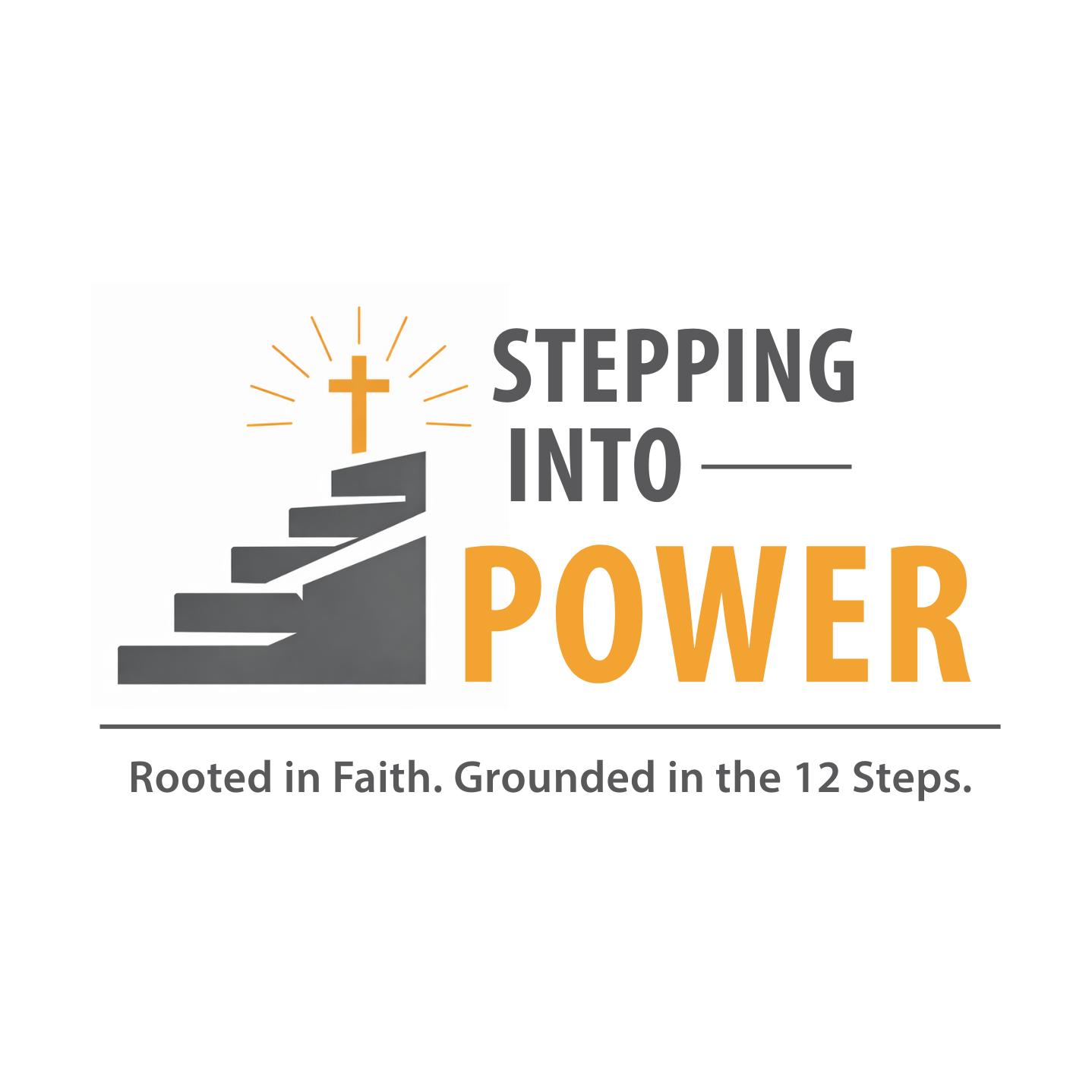Thanksgiving was never meant to be just another day off filled with overeating, football marathons, and beer. Yet for many households, the deeper meaning of this holiday has faded. The practice of pausing to remember our blessings — and giving thanks to God for them — is becoming rare. Even so, most of us in the United States still have more than many across the world can imagine.
The holidays can feel overwhelming for both individuals navigating sobriety and the families who love them. Thanksgiving is intended to be a day of gratitude, it can also be one of the hardest days of the year for individuals in recovery and for the families who love them. Holiday expectations, old family dynamics, alcohol-centered gatherings, grief, loneliness, and financial stress can turn what should be a warm celebration into a minefield. In this post, we share practical ways everyone can approach the holiday with compassion, support, and healthy habits that make the day more meaningful.
This year, we have an opportunity to reclaim Thanksgiving — not just as Americans, but as believers who understand the transforming power of gratitude.
Why Thanksgiving Is Especially Challenging for People in Recovery
However, for many individuals in recovery, the holidays trigger:
- Memories of past substance use
- Old family wounds or strained relationships
- Loneliness or disconnection
- Pressure to participate in holiday drinking
- Emotional overload from expectations or grief
In early recovery, even well-meaning gatherings can feel overwhelming. This is why intentional support matters — not only for the individual, but for the whole family. When support and understanding are present, Thanksgiving can become a moment of healing instead of hardship.
Gratitude: A Tool for Recovery and a Pathway to Peace
In addiction recovery, gratitude isn’t just a pleasant idea — it’s a spiritual discipline. For decades, the “gratitude list” has been a foundational tool for shifting focus from what is missing to what God has already provided.
Imagine the ripple effect if families embraced this same mindset during the holiday season. In fact, gratitude has the potential to:
- Reduce anxiety
- Strengthen relationships
- Build emotional resilience
- Reframe stress
- Foster unity and compassion
Thanksgiving was built for exactly this kind of heart-shift. When people actively practice gratitude, bitterness softens, compassion grows, and families find common ground again.
What AA Meant by “Recovered” — and Why It Matters
When the authors of the original Big Book of Alcoholics Anonymous described themselves as “recovered,” they didn’t mean their bodies suddenly tolerated alcohol. Instead, they meant God had lifted them out of obsession, shame, and powerlessness. They believed in a God who rescues, not one who merely manages.
They wrote, “We have a daily reprieve contingent on the maintenance of our spiritual condition.”
Every day begins with gratitude. Every day begins with surrender. And every day begins with the prayer:
“God, let Your will be done — and give me strength to carry it out.”
This mindset extends beautifully into Thanksgiving. It reminds us that recovery isn’t simply about what we avoid — it’s about who we become.
Beyond Recovery: A Life Transformed by Gratitude
For those who serve and love people in recovery, “recovery” sometimes feels too small a word. When someone is delivered from addiction, God isn’t restoring them to who they were — He’s shaping them into who they were meant to be.
This is transformation.
This is new creation.
This is life beyond recovery — the abundant life Christ promises.
And gratitude is one of the clearest signs of that transformation.
How Families Can Support Loved Ones in Recovery This Thanksgiving
If your family includes someone walking through recovery — or exploring it — your support can make the holiday safer, more meaningful, and truly grace-filled.
Here are simple, powerful ways to help:
1. Talk about the plan ahead of time
Ask what they need to feel safe and supported.
2. Reduce or eliminate alcohol
A family holiday doesn’t need alcohol to be joyful. If you do serve it, keep it subtle.
3. Create a calm environment
Most people in recovery feel emotionally tender around big events. Quiet space helps.
4. Set healthy expectations
Thanksgiving isn’t the day to unpack old conflict. Protect the peace.
5. Start a gratitude moment
Have everyone share one thing they’re thankful for. Even kids can participate.
6. Pray with intention
Thank God for the table, the people, and His provision. It re-centers the whole day.
7. Let them leave early if needed — without guilt
Their sobriety matters more than the schedule.
These small choices can turn Thanksgiving into a milestone of healing rather than a day of stress.
Why the Holidays Are the Perfect Time to Start Journaling
The holidays bring up a swirl of emotions — gratitude, nostalgia, tension, grief, hope, and sometimes fear. For individuals in recovery, that emotional mix can feel overwhelming. For families, it can be confusing to know how to help.
This is why Thanksgiving and the holiday season are an ideal time to begin journaling. When emotions run high, journaling gives clarity, grounding, and peace. It helps you notice what God is doing in your heart — even in the difficult moments.
Journaling can help you or your loved one:
- Process complicated feelings and family dynamics
- Stay anchored to gratitude
- Strengthen spiritual awareness
- Avoid emotional triggers
- Celebrate daily victories
- Stay connected to God instead of holiday stress
Our new Power Up Journal was created specifically to guide individuals through a year of faith-fueled healing and growth using Scripture, reflection prompts, and meaningful weekly rhythms.
👉 Explore the Power Up Journal here:
Power Up: The Dunamis Addiction Recovery Journal
Starting a journaling rhythm during the holidays creates a strong spiritual foundation for the year ahead — one day, one page, and one prayer at a time.
A Thanksgiving Vision: Not Just Recovered — Transformed
Picture a Thanksgiving where families don’t just gather, but heal.
Envision a season where gratitude becomes a lifestyle instead of an obligation.
Think about homes where people feel safe, supported, and seen.
Consider a nation where thankfulness sparks revival, not resentment.
The world doesn’t need more noise or striving. It needs transformation — the kind only God brings when we surrender and give thanks.
Maybe we don’t just need to recover Thanksgiving.
Maybe we need to let God transform it.
You may say I’m a dreamer — but I’m not the only one.
🔗 Additional Resources
Explore Related Posts:
(Categories: Audience, Theme and Step Association)
STEPPING INTO POWER SERIES
A Christ-centered walk through the 12 Steps—explored one step at a time.
The 12 Steps aren’t about shame. They’re about freedom.
Stepping Into Power is a faith-based 12-step recovery series that explores one step each month through short videos, guided reflection, and resources rooted in recovery wisdom and spiritual truth.
Available Video Content:
Series Intro: Faith-Based Recovery Through the 12 Steps
Step 1: Surrender

